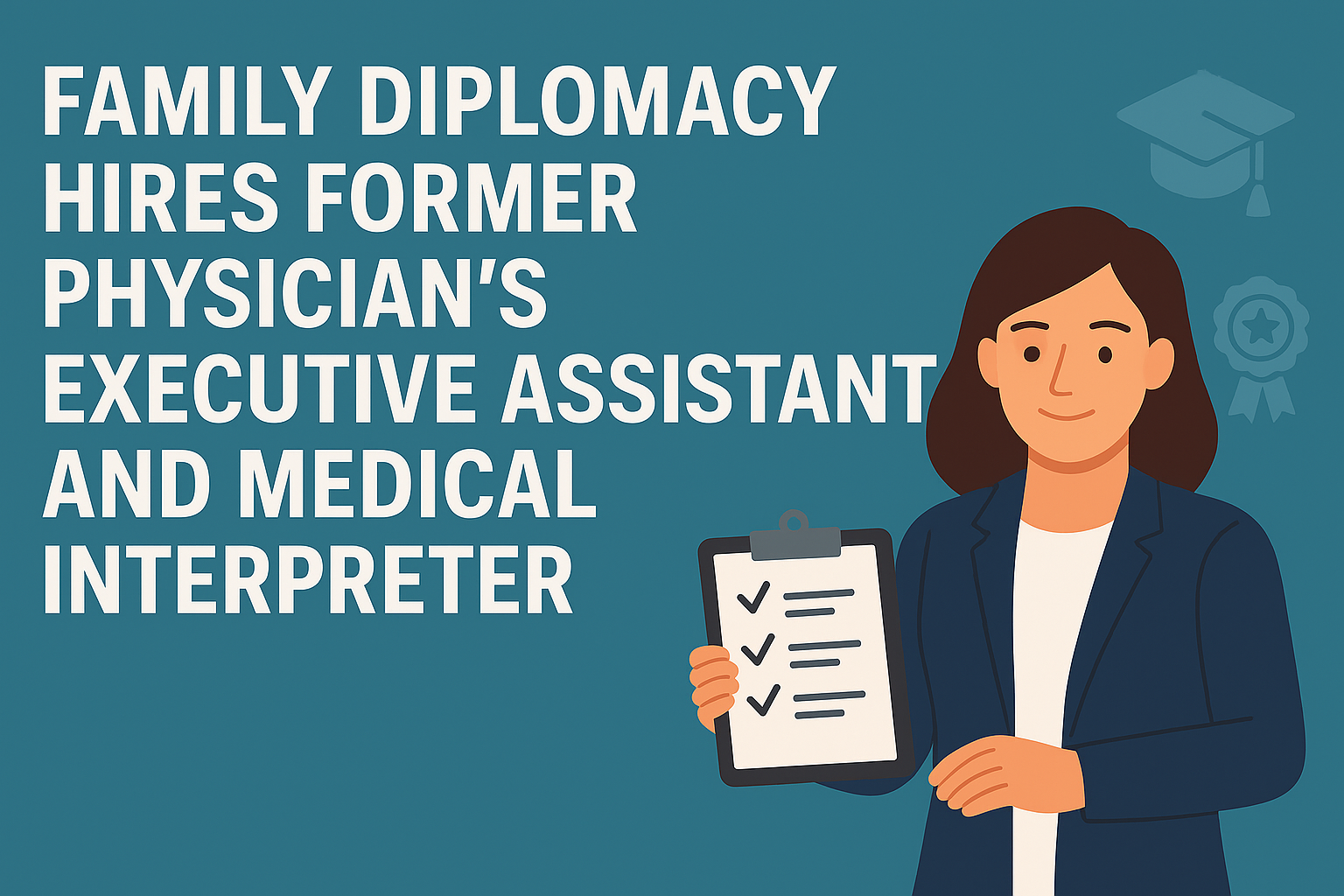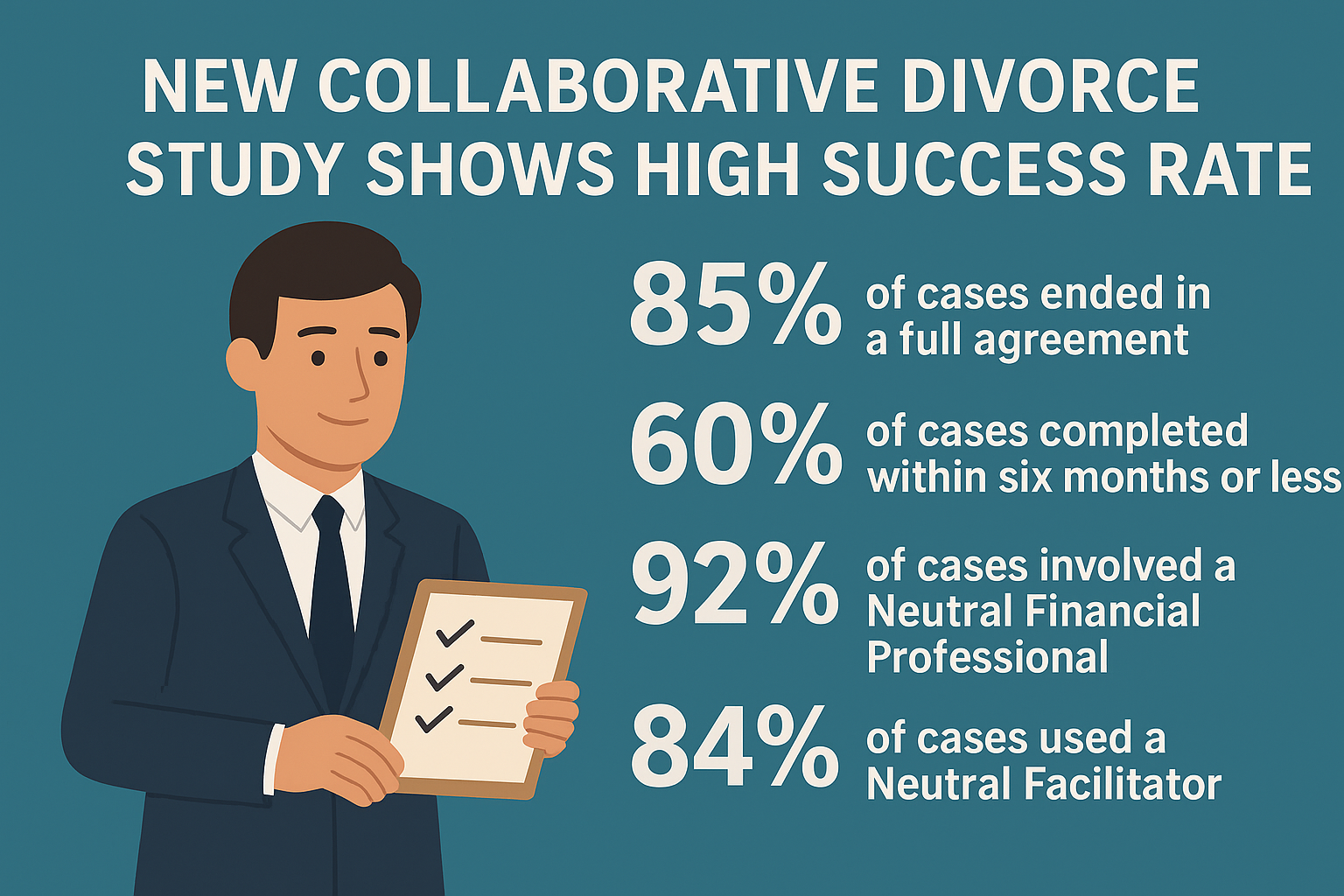FAQs – Collaborative Divorce in Florida: What You Need to Know
When you or your spouse is a professional going through a divorce, your priorities are clear. You want to protect your family and privacy, avoid the public spectacle of a courtroom, and ensure that your complex financial life is handled with care. Collaborative Divorce offers an approach designed with those very concerns in mind. Below are answers to some of the most frequently asked questions about Collaborative Divorce that you may be wondering about.
Why is there a Disqualification Clause, and How does it Help You?
One of the things that makes Collaborative Divorce unique is the disqualification clause. In essence, this means that if either spouse decides to go to court or end the process, both Collaborative Attorneys and other team members must withdraw. At first glance, you may wonder why this makes sense. In reality, it’s a protective measure. The clause creates a strong incentive for everyone involved to stay committed to reaching an agreement rather than end up where nobody wants to go: fighting in court. Instead of treating Collaboration as a stepping-stone to litigation, you and your spouse know that the only path forward with your lawyers is to resolve matters respectfully and privately by agreement.
In my experience, this clause is one of the strongest safeguards against escalation. It helps keep conversations solution-focused and mitigates against the likelihood that the case will spin out of control into the courtroom battles you hear about on the news.
What about the Cost of Collaborative Divorce?
Understandably, you want to know how this process compares financially. The first thing to know is that Collaborative Divorce is not cheap. Divorce, in general, is not cheap. It is probably best to think of Collaborative Divorce as an investment in the future health and welfare of your family, but just like with any type of divorce, the cost varies and depends on several factors. These include the extent and complexity of your family’s assets, the ability and willingness of each spouse to focus on big concerns rather than fight over the small stuff, and the ability of each spouse to show one another some grace during this difficult time rather than viewing each other as the enemy.
I have seen spouses spend thousands of dollars fighting over a $100 lamp. Sometimes, it’s simply easier—and far less costly—to just buy a new lamp. By keeping perspective and focusing on what truly matters, you can give yourself a better chance to preserve both your wealth and your peace of mind. So though we can’t provide an exact cost for you as every family is different, it likely will be done more quickly and less expensively than a courtroom rumble, with more support and a higher chance of a holistic, durable agreement than you will find in mediation or kitchen table negotiations.
How do You get Your Spouse on Board with Collaborative Divorce?
You may think Collaborative Divorce sounds ideal, but you worry your spouse won’t agree. The truth is, many spouses are relieved to learn there’s a process that is private, respectful, and family-focused. Often, the hardest step is simply introducing the idea. I’ve seen spouses shift from skepticism to relief once they understand that collaboration allows them to keep control of the outcome rather than turning it over to a judge. Sometimes, a conversation with a Neutral Professional or Collaborative Attorney is all it takes to open the door.
We will work with you to tailor a plan that invites your spouse into the process, and we have developed several methods to do this over the years, including materials that you can provide to your spouse. We also offer an option to speak with both spouses to hear their process options (though, keep in mind, we can only represent one spouse, and we can help the other spouse find a Collaborative lawyer with whom we have successfully reached agreements).
Do You Really Need These Other Professionals?
Another question I often hear is whether you truly need the full team—lawyers, a Financial Neutral, and a Neutral Facilitator (who has training as a mental health professional). The answer is that these roles exist to make the process smoother and more efficient. A Financial Neutral helps untangle complicated portfolios, business interests, and tax concerns in a clear, organized way, and helps address one of the main issues that prevent many spouses from reaching agreements: at least one spouse doesn’t understand the family finances and so is afraid to make a decision. A Neutral Facilitator helps ensure discussions remain calm, respectful, and (unless it would be otherwise helpful) focused on the future rather than the arguments that led to the divorce.
Rather than adding unnecessary expense, these team members streamline the process, saving you both time and stress. There are other models of Collaborative Divorce, but in my experience, the right team often leads to faster, more efficient resolutions.
What is the Success Rate of Collaborative Divorce?
You want to know if it actually works. Studies have shown that 85–86% of people who begin the Collaborative Process reach a full agreement. While no one can ever guarantee an outcome, our success rate at Family Diplomacy is in line with this or even higher. Having guided numerous high-asset clients through this process and being one of the most experienced Collaborative Lawyers in Florida, I can tell you that Collaborative Divorce is uniquely effective at creating durable agreements while preserving privacy and dignity.
Taking the Next Step
If you are considering divorce and want a process that keeps you and your spouse rather than a judge in control, protects your family and privacy, and addresses your complex financial picture, Collaborative Divorce may be the right path for you. At Family Diplomacy: A Collaborative Law Firm, I have worked with doctors, lawyers, business owners, executives, and other professionals and their spouses to resolve their cases outside of court. My goal is to help you move forward with privacy, dignity, and peace of mind.
The first step is simple. We invite you to access our calendar and schedule a virtual confidential planning meeting or contact Family Diplomacy: A Collaborative Law Firm by clicking the button below.
You are not alone. We can help.
We are a Florida-based Collaborative Divorce law firm that accepts clients in every county in Florida, and we also have offices (by appointment) in Tampa, St. Petersburg, and Sarasota.








